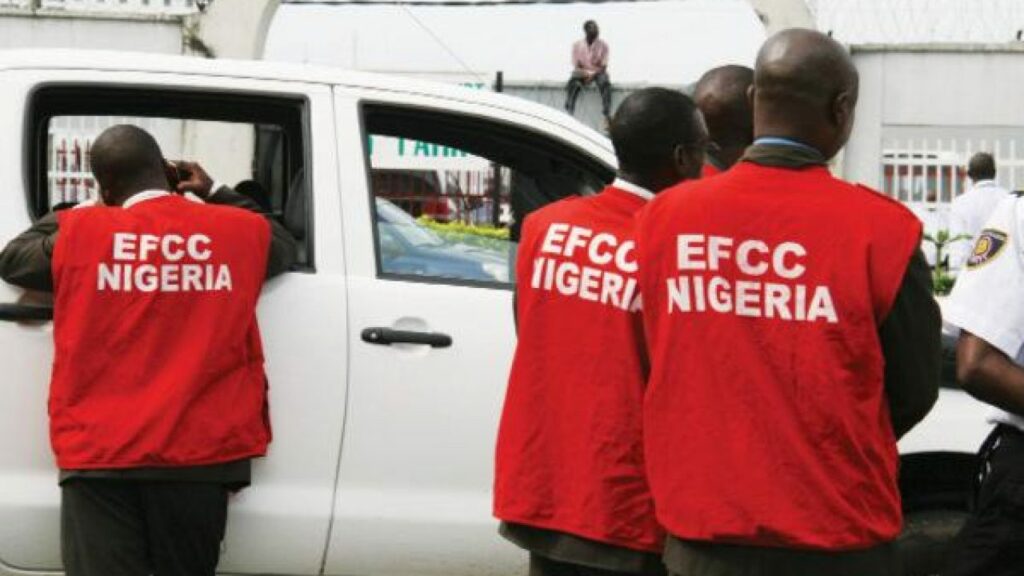The Federal Government has stated that Nigerians are still hesitant to disclose instances of corruption, pushing them to be willing to pay the ultimate price for the nation’s growth.
Sadiq Raddah, Executive Secretary of the Presidential Advisory Committee on Anti-Corruption, revealed this in Abuja on Wednesday during the public presentation of the findings of the African Centre for Media and Information Literacy’s study on five years of whistleblowing policy in Nigeria.
He urged anti-corruption activists in the nation to focus on humanitarian operations, citing apparent misconduct in the delivery of relief items to internally displaced people.
Raddah said, “Since the idea of whistleblowing began, we have realised some problems by people who want to blow the whistle.
“Yes, it is good to be afraid but if you become captive of fear and you want to be righteous, you end up being a captive without delivering.
”I have always said we must be willing to pay the price for doing what is good, including losing our lives.
“I have said several times that nobody wants to die but it is not bad to die while trying to pursue what is good. So people who want to blow the party history across the country, please try not to be afraid but indeed don’t be careless.”
The PACAC executive secretary said the whistleblowing policy should also extend to assets declaration.
Speaking at the event, the Coordinator, AFRICMIL, Chido Onumah, explained that the Corruption Anonymous project initiated by his organisation was meant to mobilise Nigerians to key into the whistleblowing policy which was unveiled in 2016.
He said, “Apart from the survey, AFRICMIL is also using this occasion to introduce a safe and secure whistleblowing platform which was put together with the collaboration of the Yar’Adua Foundation. When it launched, the platform will offer citizens an avenue to report corrupt practices anonymously.”
The survey found that many Nigerians doubted the effectiveness of the whistleblowing policy in country.

